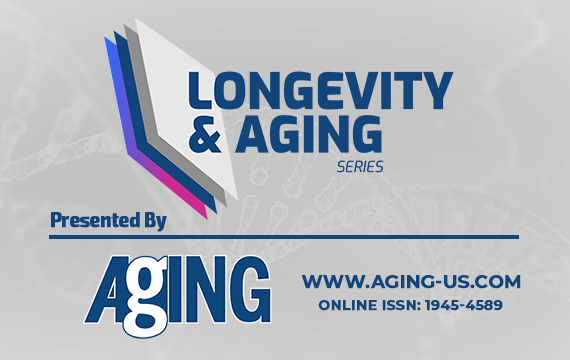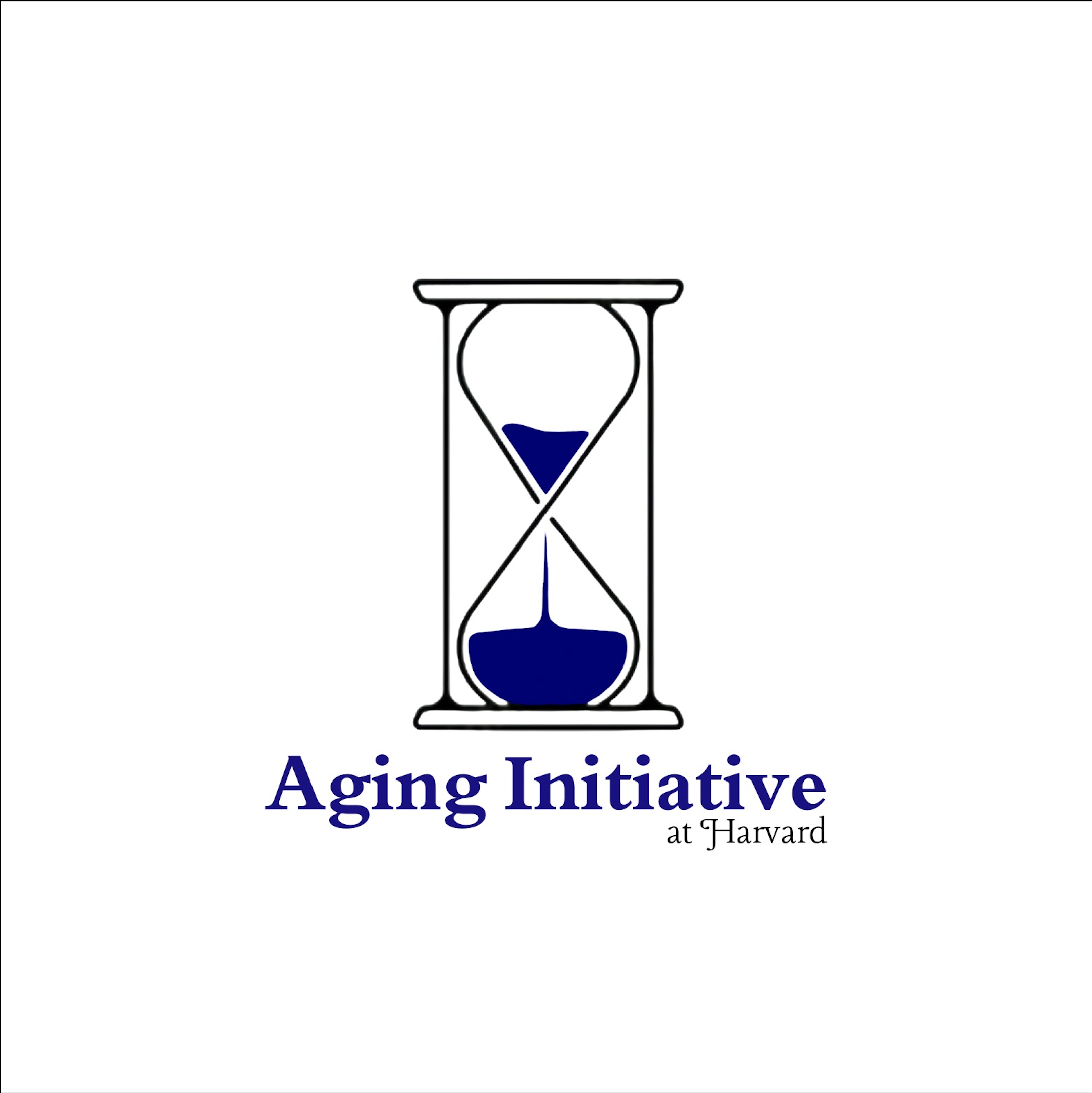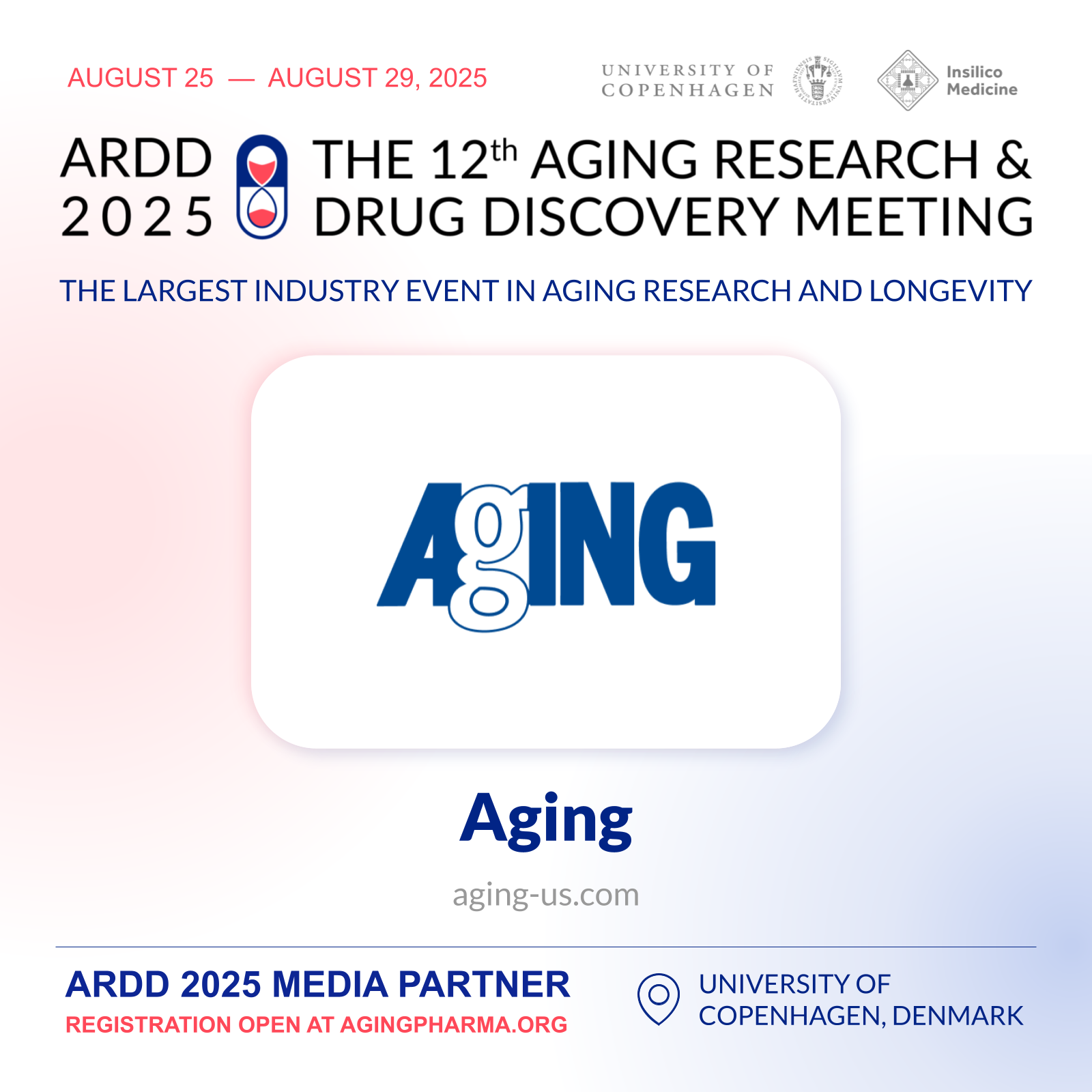Research Paper Volume 14, Issue 15 pp 6299—6315
Establishing and validating an ADCP-related prognostic signature in pancreatic ductal adenocarcinoma
- 1 Department of Gastroenterology, Changhai Hospital, Shanghai, China
- 2 Department of Gastroenterology, The First Affiliated Hospital of Zhengzhou University, China
This study was executed according to Declaration of Helsinki, and the Ethics Committee of First affiliated Hospital of Zhengzhou University. Consent was acquired from all patients in written format.
Received: December 13, 2021 Accepted: July 16, 2022 Published: August 12, 2022
https://doi.org/10.18632/aging.204221How to Cite
Copyright: © 2022 Zhang et al. This is an open access article distributed under the terms of the Creative Commons Attribution License (CC BY 3.0), which permits unrestricted use, distribution, and reproduction in any medium, provided the original author and source are credited.
Abstract
With the progress of precision medicine treatment in pancreatic ductal adenocarcinoma (PDAC), individualized cancer-related examination and prediction is of great importance in this high malignant tumor, and antibody-dependent cell phagocytosis (ADCP) with changed pathways highly enrolled in the carcinogenesis of PDAC. High-throughput data of pancreatic ductal adenocarcinoma were downloaded and 160 differentially expressed ADCP-related genes (ARGs) were obtained. Secondly, GO and KEGG enrichment analyses show that ADCP is a pivotal biologic process in pancreatic carcinogenesis. Next, CALB2, NLGN2, NCAPG and SERTAD2 are identified through multivariate Cox regression. These 4 genes are confirmed with significant prognostic value in PDAC. Then, a risk score formula is constructed and tested in PDAC samples. Finally, the correlation between these 4 genes and M2 macrophage polarization was screened. Some pivotal differentially expressed ADCP-related genes and biologic processes, four pivotal subgroup was among identified in the protein-protein network, and hub genes was found in these sub group. Then, an ADCP-related formula was set: CALB2* 0.355526 + NLGN2* -0.86862 + NCAPG* 0.932348 + SERTAD2* 1.153568. Additionally, the significant correlation between M2 macrophage-infiltration and the expression of each genes in PDAC samples was identified. Finally, the somatic mutation landscape and sensitive chemotherapy drug between high risk group and low risk group was explored. This study provides a potential prognostic signature for predicting prognosis of PDAC patients and molecular insights of ADCP in PDAC, and the formula focusing on the prognosis of PDAC can be effective. These findings will contribute to the precision medicine of pancreatic ductal adenocarcinoma treatment.




